[목살]How To Explain Railroad Injuries Lawsuit To Your Grandparents
112
2023.03.08 17:38
짧은주소
본문
Railroad Injury Settlements
I often receive calls from railroad injury settlement lawyers from individuals who have been injured while riding on trains or other railroad vehicles. The majority of people file claims for injuries sustained during an accident with a train, however, railroad Injuries lawyer there are also claims against the companies that are the owners of the vehicle. For instance, one recent instance involved a Metra employee who was struck with a blow to the back of the head while shoveling snow along the track. The case was resolved confidentially.
Conductor v. Railroad
If you've been injured railroad worker, you may have the right to claim compensation under the Federal Employers' Liability Act (FELA). The law stipulates that railroads must provide their employees with the safety of their workplace and medical care even if they are not at fault.
A railroad injuries lawyer (related internet page) conductor sued a railroad for alleged negligence under FELA. The conductor suffered knee and back injuries. His supervisors accused him of filing an untrue injury report. The railroad offered him a different job.
The FELA lawsuit should not be filed at least three years after the accident. It is usually not worth filing a case unless the railroad is at fault. If the railroad injuries litigation violated any safety rules However, you may bring a lawsuit under other safety statutes.
There are a myriad of laws and regulations that govern the operation of railroads. These laws and regulations need to be understood in order to understand your rights. For example the FRSA allows rail employees to report illegal or dangerous actions without fear of reprisal. A variety of other federal laws can be used to establish strict liability.
If you or someone you love was injured on the job and you need to speak with an experienced railroad injury attorney. An attorney at Hach & Rose, LLP can assist. They have secured millions of dollars in settlements to injured railroad workers. They are experienced in representing union members and are well-known for their personal attention to each member.
Michael Rose is a member of the New York State Trial Lawyers Association Labor Law Committee. He specializes in FELA and employment discrimination cases and has a track record of obtaining seven figure verdicts. RailRoad Ties is his blog and is a great source for information about federal employee rights.
FELA is a specialized area however, an experienced attorney is crucial to a successful case. A railroad must demonstrate that their actions were negligent and their equipment was defective to prevail in an FELA lawsuit.
There are a myriad of laws and regulations you must know regardless of whether you are an individual railroad passenger, railroad worker or a consumer. Contact an experienced railroad injury attorney right now if you've been injured by a railroad employee, or employee-owned railroad.
Locomotive engineer v. Railroad (confidential settlement)
Locomotive engineer and conductor who was injured at work, successfully resolved their case with a confidential settlement. This verdict is the biggest in Texas for 2020.
The case was decided in the District Court of Harris County, Texas. The judge also charged prejudgment interests and expert witness fees of one million dollars.
The railroad denied that the accident occurred, and claimed that the claim should be dismissed. They also claimed that the plaintiff only filed a claim for injury after having missed work. The Sixth Circuit Court of Appeals agreed.
The jury awarded $275,000 to the engineer of the locomotive. The jury found that the engineer's injuries were serious enough to warrant an operation on the lumbar spine. The defendants sought relief based on theories of product liability and breach of contract.
The railroad claimed that the claim was not legitimate, and filed an Petition for Review at the Eighth Circuit. The judge in the case decided that the railroad's claims were frivolous and denied the railroad's motion to dismiss.
The case was also heard in Jefferson County District Court, Kentucky. The court concluded that the injuries suffered by the engineer of the locomotive were severe enough to warrant surgical intervention. The railroad's attorney argued that the claim was not substantiated and should be dismissed.
The brakes failed and the UPRR Locomotive engineer was killed in a train crash. The brakes failed when the train was travelling west of Cheyenne (WY). The brake system went out of control.
Locomotive inspection laws require that locomotives operate in a secure and reliable manner. A locomotive must be in good condition and, if not, the machine must be fixed. If the locomotive is not repaired, it will be rendered unserviceable and the engine will become unusable.
The Burlington Northern Santa Fe Locomotive Engineer was injured when the backrest of his locomotive seat shattered. Seats, Inc. was sued by the company to recover expenses. The locomotive engineer suffered shoulder and lumbar injuries. The railroad offered $100,000 to settle this matter.
The National Railroad Adjustment Board doesn't have the authority to resolve disagreements about working conditions. However, parties to a conference may. If the parties cannot agree to a conference the matter is referred by a presiding Officer. The presiding officer may be an administrative law judge or other person authorised by the Administrator.
Union Pacific Railroad welder v. Union Pacific Railroad
The U.S. Supreme Court refused to alter the proof standard for railroad workers who sue under the Federal Employers' Liability Act (FELA). The railroads' attempt to weaken the statute was rejected by majority of the court.
The Federal Employers' Liability Act was adopted by Congress in 1908. FELA allows railroad employees injured to sue their employer for workplace injuries. It protects railroaders against reprisals from their employers. Particularly, FELA forbids railroads from engaging in retaliation against workers who share details about safety violations. The Locomotive Inspection Act is an additional statute that requires railroads perform regular inspections on their equipment.
Union Pacific argues locomotives stored in the rail yard aren't considered "in use" by FELA. The law applies only to locomotives that are operating on the railroad's track. To be considered in "use" the locomotive must be operating actively in the hauling of a train. However locomotives that aren't in active in use are parked.
Union Pacific claims that the evidence is not conclusive in determining whether or not the locomotive was actually in fact on. This argument echoes Justice Antonin scales's dissension from the 1993 gun case.
The 7th Circuit, which affirmed the district court's dismissal and affirmed the railroads' argument was uncongruous. However, the court recognized that a different method could be used to determine if an engine was operating.
Union Pacific argued that the railroads interpretation of the Locomotive Inspection Act was not based on proper analysis of the law. It was a result of a flawed analysis. Union Pacific also asserts that the statute only applies to locomotives that are in an in-moving position. This is in contradiction to LeDure's interpretation of cases.
The Missouri Supreme Court explained to us that Nebraska and Iowa judges made their decisions based upon a partial analysis of the law. The court concluded that the rulings not sufficient to justify tax withholding based on FELA judgements.
In the meantime, the Locomotive Inspection Act has been adopted by the National Transportation Safety Board. The agency is currently investigating the incident.
I often receive calls from railroad injury settlement lawyers from individuals who have been injured while riding on trains or other railroad vehicles. The majority of people file claims for injuries sustained during an accident with a train, however, railroad Injuries lawyer there are also claims against the companies that are the owners of the vehicle. For instance, one recent instance involved a Metra employee who was struck with a blow to the back of the head while shoveling snow along the track. The case was resolved confidentially.
Conductor v. Railroad
If you've been injured railroad worker, you may have the right to claim compensation under the Federal Employers' Liability Act (FELA). The law stipulates that railroads must provide their employees with the safety of their workplace and medical care even if they are not at fault.
A railroad injuries lawyer (related internet page) conductor sued a railroad for alleged negligence under FELA. The conductor suffered knee and back injuries. His supervisors accused him of filing an untrue injury report. The railroad offered him a different job.
The FELA lawsuit should not be filed at least three years after the accident. It is usually not worth filing a case unless the railroad is at fault. If the railroad injuries litigation violated any safety rules However, you may bring a lawsuit under other safety statutes.
There are a myriad of laws and regulations that govern the operation of railroads. These laws and regulations need to be understood in order to understand your rights. For example the FRSA allows rail employees to report illegal or dangerous actions without fear of reprisal. A variety of other federal laws can be used to establish strict liability.
If you or someone you love was injured on the job and you need to speak with an experienced railroad injury attorney. An attorney at Hach & Rose, LLP can assist. They have secured millions of dollars in settlements to injured railroad workers. They are experienced in representing union members and are well-known for their personal attention to each member.
Michael Rose is a member of the New York State Trial Lawyers Association Labor Law Committee. He specializes in FELA and employment discrimination cases and has a track record of obtaining seven figure verdicts. RailRoad Ties is his blog and is a great source for information about federal employee rights.
FELA is a specialized area however, an experienced attorney is crucial to a successful case. A railroad must demonstrate that their actions were negligent and their equipment was defective to prevail in an FELA lawsuit.
There are a myriad of laws and regulations you must know regardless of whether you are an individual railroad passenger, railroad worker or a consumer. Contact an experienced railroad injury attorney right now if you've been injured by a railroad employee, or employee-owned railroad.
Locomotive engineer v. Railroad (confidential settlement)
Locomotive engineer and conductor who was injured at work, successfully resolved their case with a confidential settlement. This verdict is the biggest in Texas for 2020.
The case was decided in the District Court of Harris County, Texas. The judge also charged prejudgment interests and expert witness fees of one million dollars.
The railroad denied that the accident occurred, and claimed that the claim should be dismissed. They also claimed that the plaintiff only filed a claim for injury after having missed work. The Sixth Circuit Court of Appeals agreed.
The jury awarded $275,000 to the engineer of the locomotive. The jury found that the engineer's injuries were serious enough to warrant an operation on the lumbar spine. The defendants sought relief based on theories of product liability and breach of contract.
The railroad claimed that the claim was not legitimate, and filed an Petition for Review at the Eighth Circuit. The judge in the case decided that the railroad's claims were frivolous and denied the railroad's motion to dismiss.
The case was also heard in Jefferson County District Court, Kentucky. The court concluded that the injuries suffered by the engineer of the locomotive were severe enough to warrant surgical intervention. The railroad's attorney argued that the claim was not substantiated and should be dismissed.
The brakes failed and the UPRR Locomotive engineer was killed in a train crash. The brakes failed when the train was travelling west of Cheyenne (WY). The brake system went out of control.
Locomotive inspection laws require that locomotives operate in a secure and reliable manner. A locomotive must be in good condition and, if not, the machine must be fixed. If the locomotive is not repaired, it will be rendered unserviceable and the engine will become unusable.
The Burlington Northern Santa Fe Locomotive Engineer was injured when the backrest of his locomotive seat shattered. Seats, Inc. was sued by the company to recover expenses. The locomotive engineer suffered shoulder and lumbar injuries. The railroad offered $100,000 to settle this matter.
The National Railroad Adjustment Board doesn't have the authority to resolve disagreements about working conditions. However, parties to a conference may. If the parties cannot agree to a conference the matter is referred by a presiding Officer. The presiding officer may be an administrative law judge or other person authorised by the Administrator.
Union Pacific Railroad welder v. Union Pacific Railroad
The U.S. Supreme Court refused to alter the proof standard for railroad workers who sue under the Federal Employers' Liability Act (FELA). The railroads' attempt to weaken the statute was rejected by majority of the court.
The Federal Employers' Liability Act was adopted by Congress in 1908. FELA allows railroad employees injured to sue their employer for workplace injuries. It protects railroaders against reprisals from their employers. Particularly, FELA forbids railroads from engaging in retaliation against workers who share details about safety violations. The Locomotive Inspection Act is an additional statute that requires railroads perform regular inspections on their equipment.
Union Pacific argues locomotives stored in the rail yard aren't considered "in use" by FELA. The law applies only to locomotives that are operating on the railroad's track. To be considered in "use" the locomotive must be operating actively in the hauling of a train. However locomotives that aren't in active in use are parked.
Union Pacific claims that the evidence is not conclusive in determining whether or not the locomotive was actually in fact on. This argument echoes Justice Antonin scales's dissension from the 1993 gun case.
The 7th Circuit, which affirmed the district court's dismissal and affirmed the railroads' argument was uncongruous. However, the court recognized that a different method could be used to determine if an engine was operating.
Union Pacific argued that the railroads interpretation of the Locomotive Inspection Act was not based on proper analysis of the law. It was a result of a flawed analysis. Union Pacific also asserts that the statute only applies to locomotives that are in an in-moving position. This is in contradiction to LeDure's interpretation of cases.
The Missouri Supreme Court explained to us that Nebraska and Iowa judges made their decisions based upon a partial analysis of the law. The court concluded that the rulings not sufficient to justify tax withholding based on FELA judgements.
In the meantime, the Locomotive Inspection Act has been adopted by the National Transportation Safety Board. The agency is currently investigating the incident.






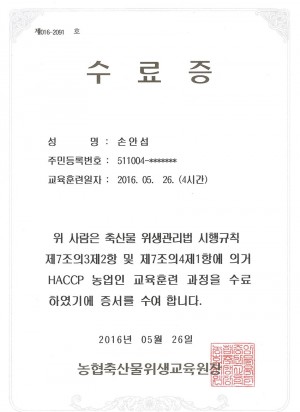
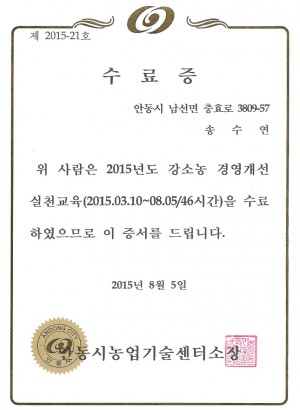
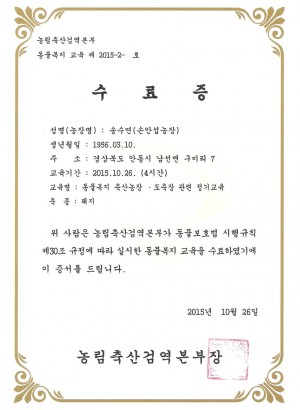
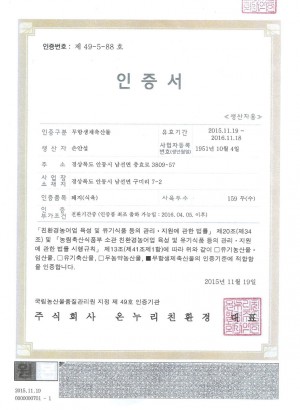
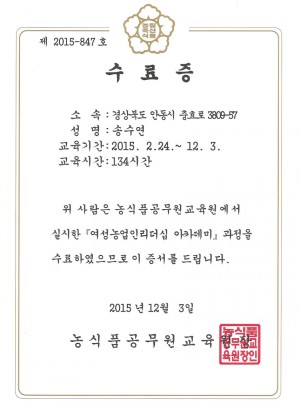
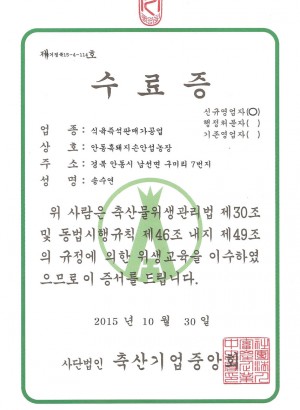
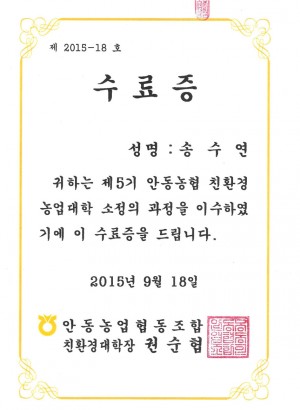
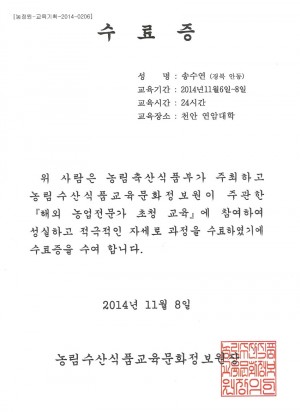

댓글목록
등록된 댓글이 없습니다.